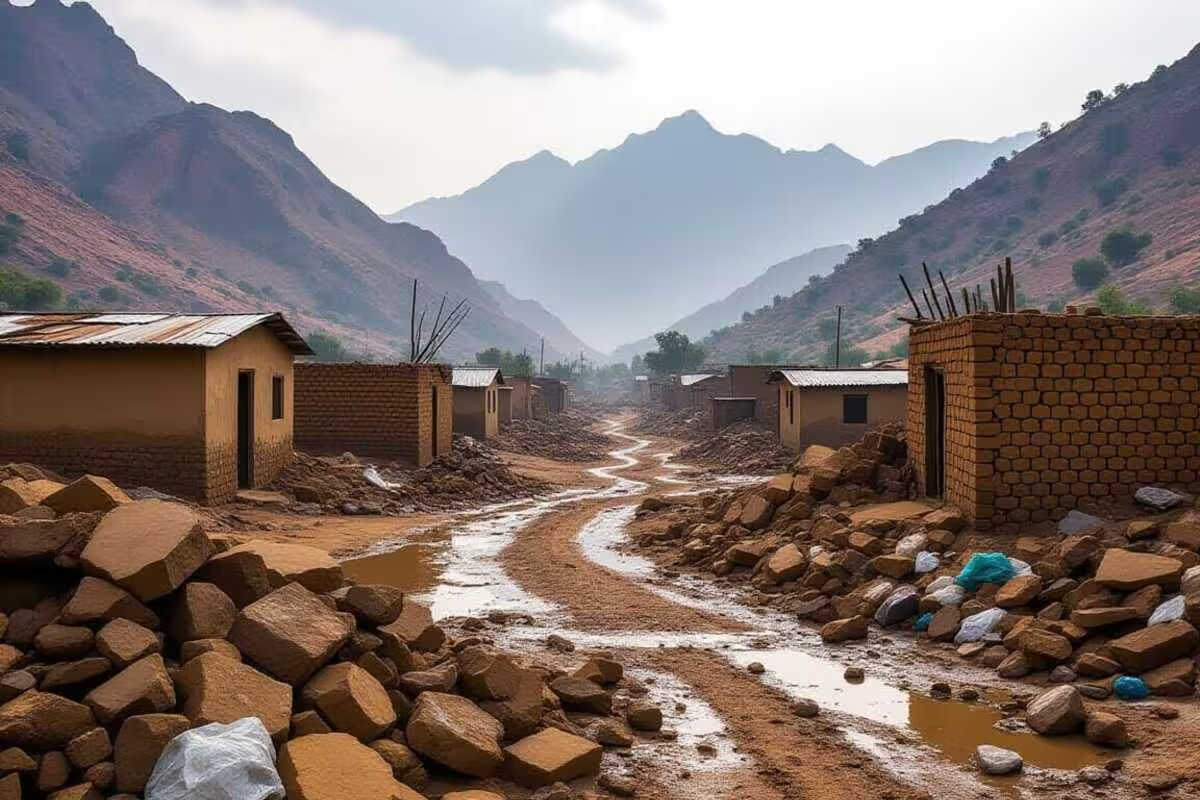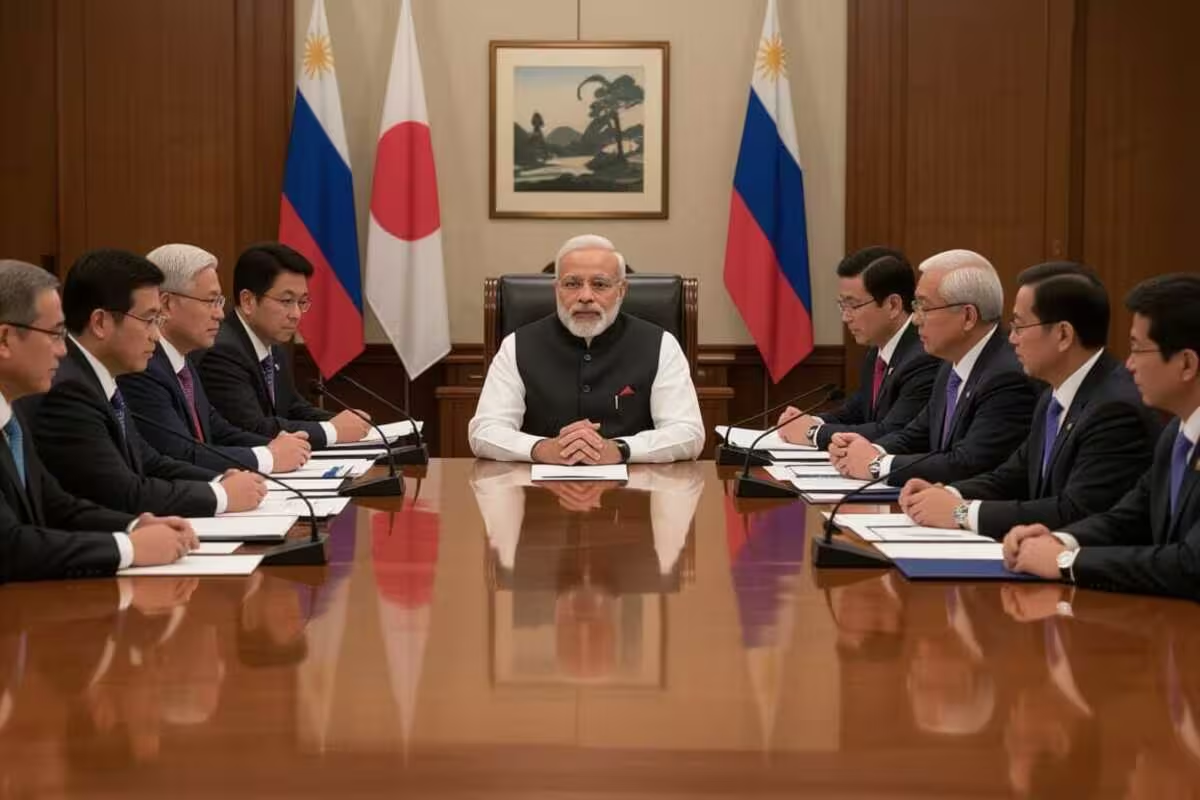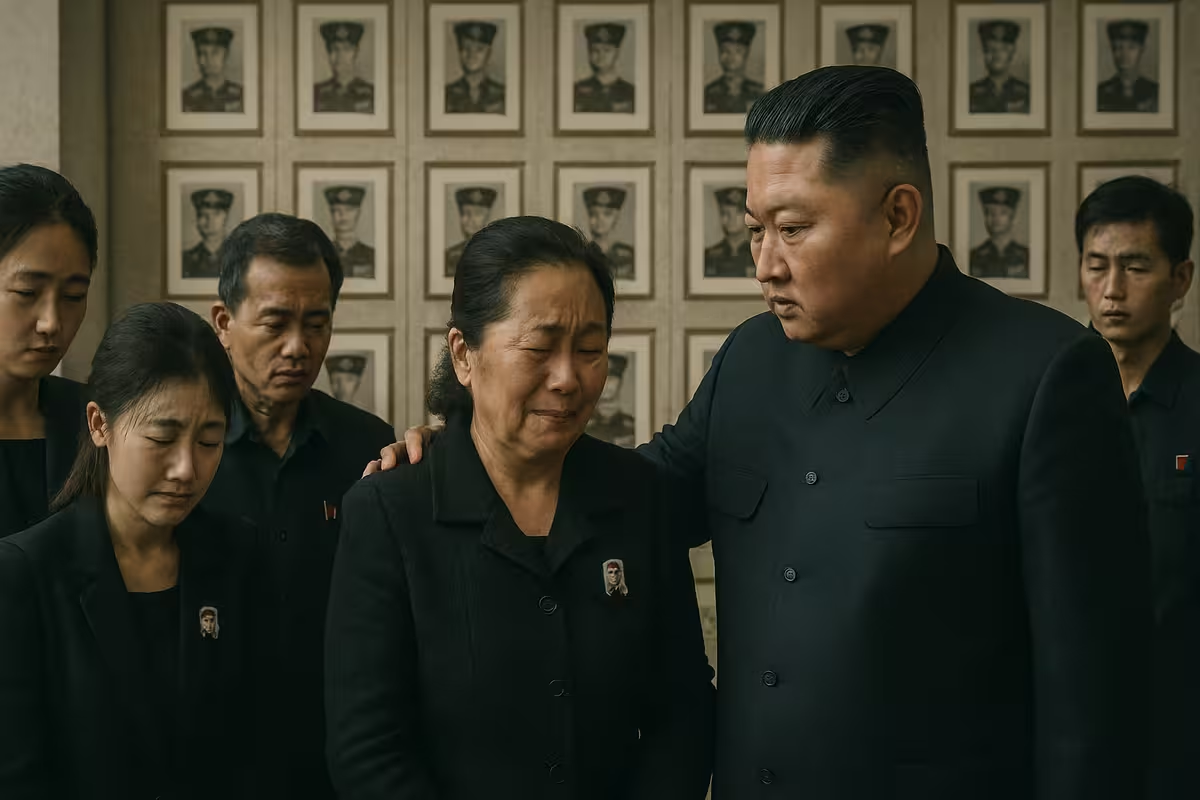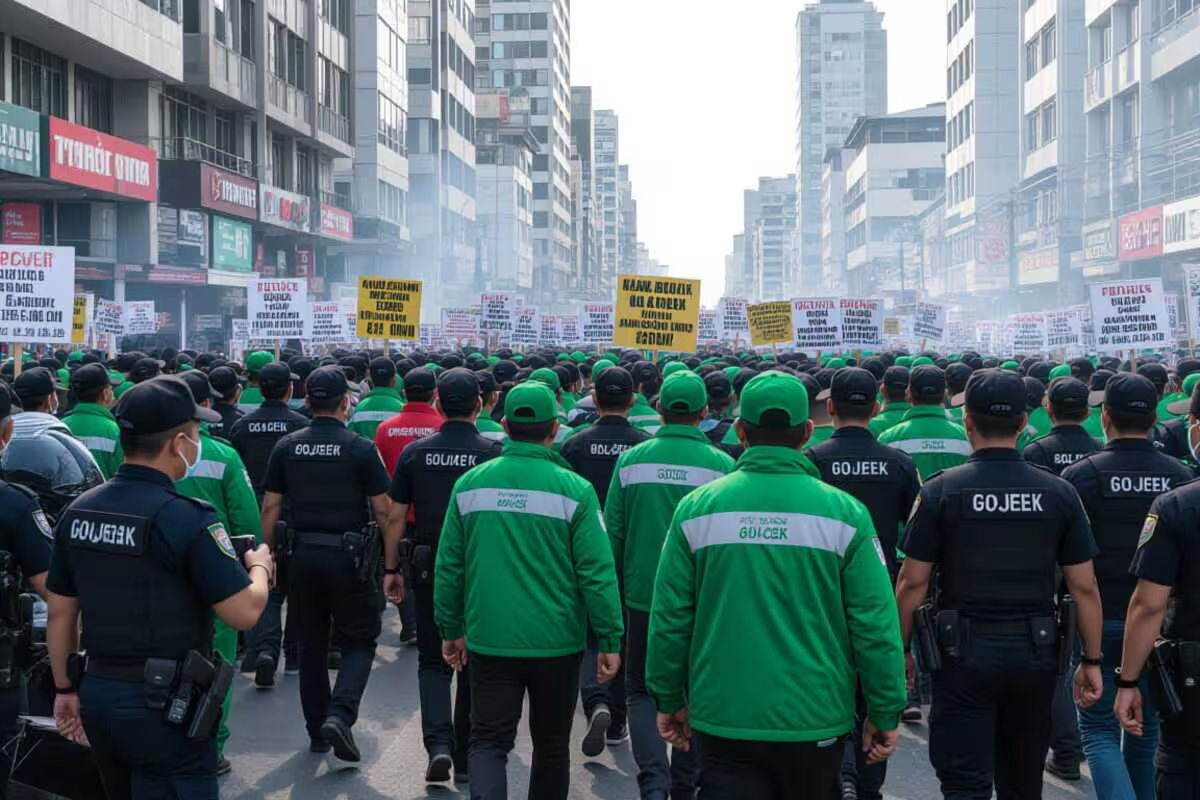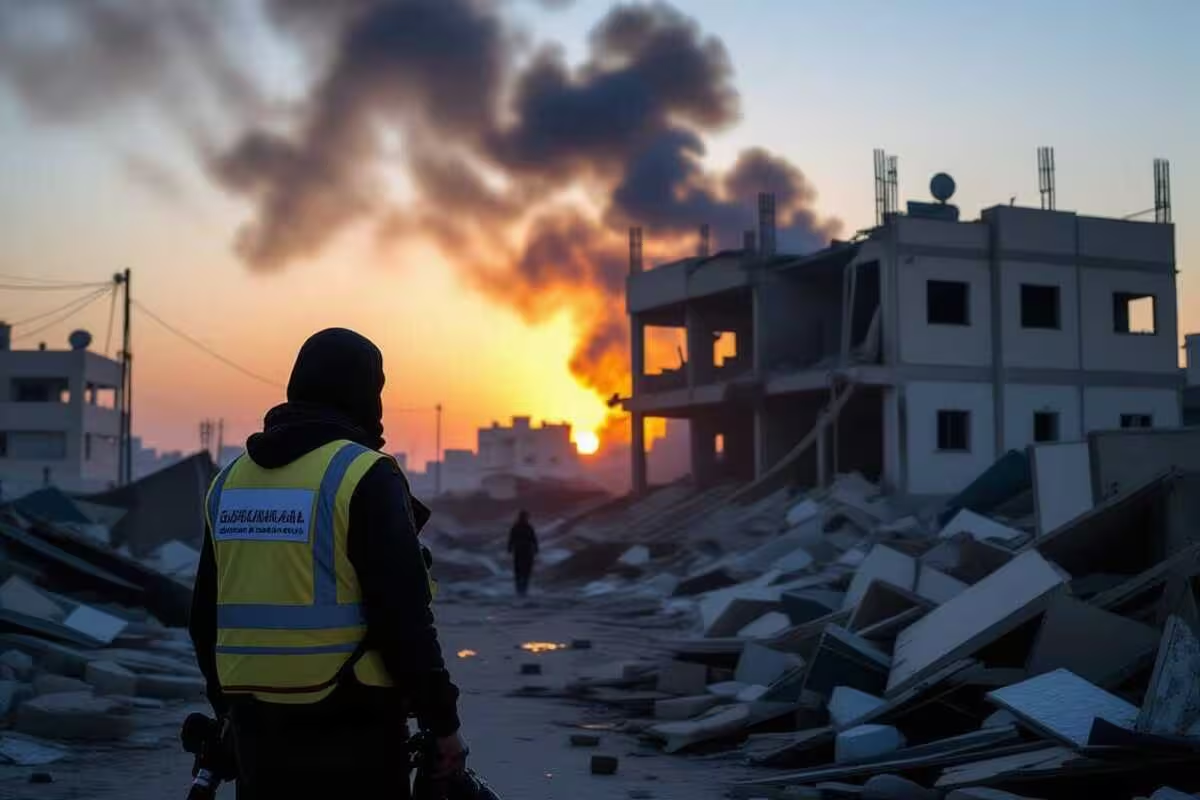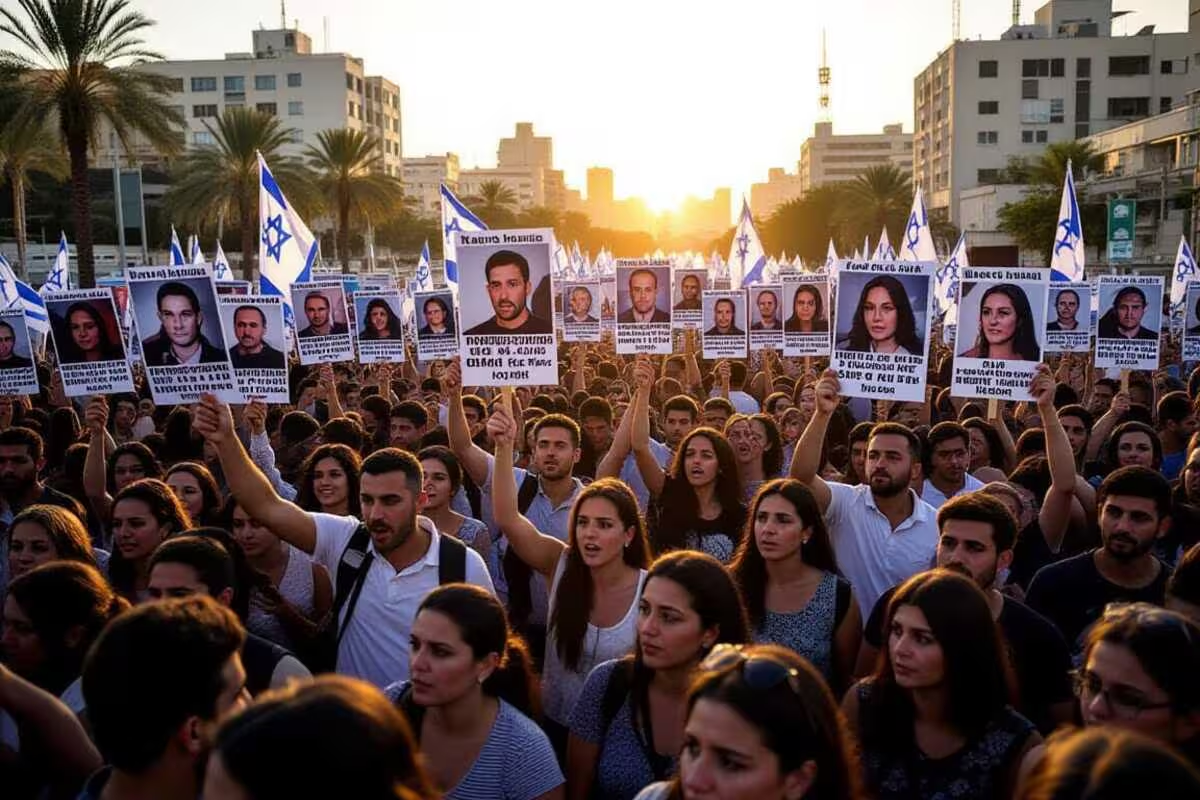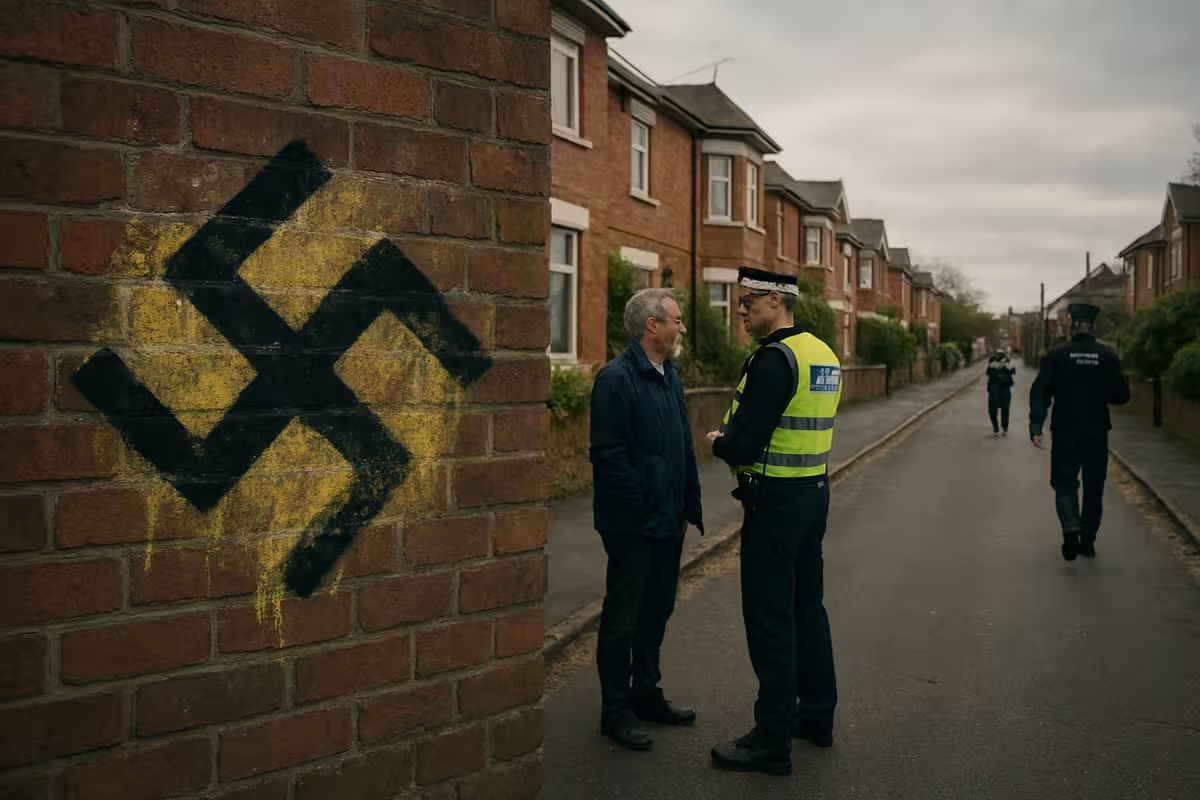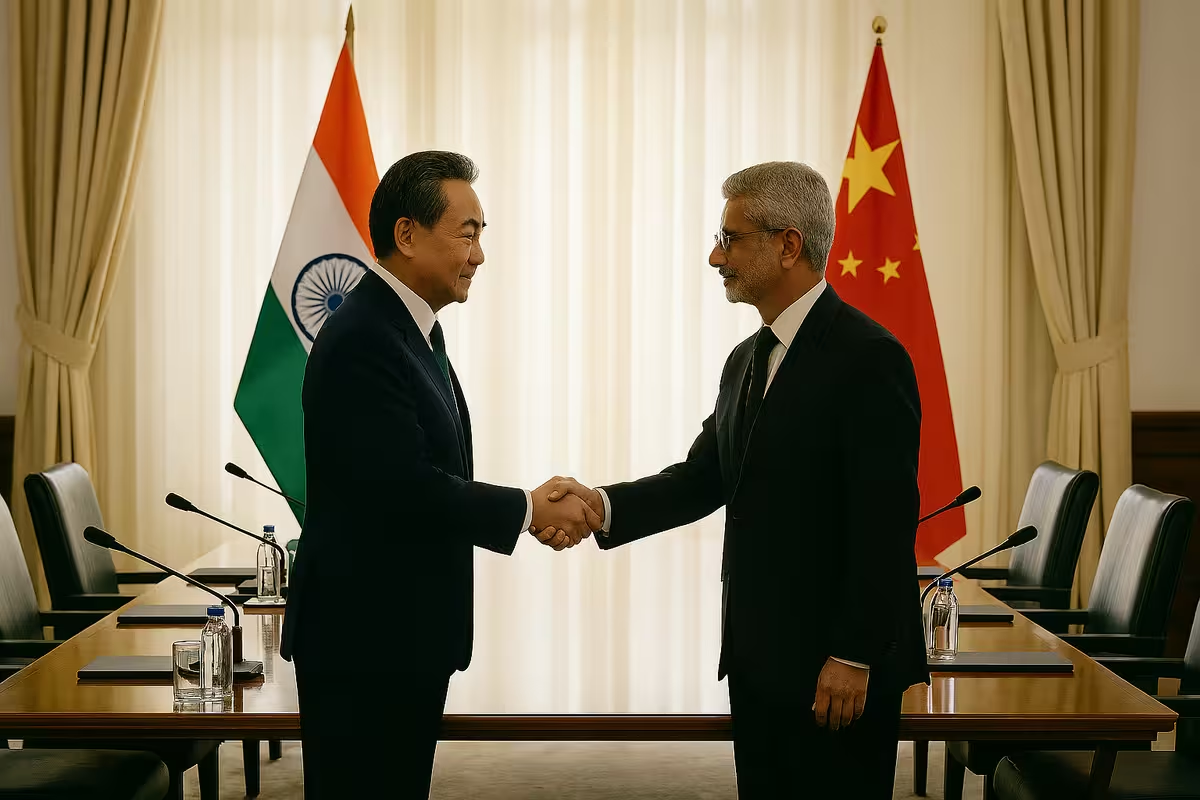Trump Cites Israeli Military Gains as ‘Very Hard’ to Halt Airstrikes on Iran
WASHINGTON. June 21, 2025. United States – President Donald Trump mentioned on Friday that it is, indeed, very hard to ask Israel not to do airstrikes against Iran because of the ongoing military developments in Israel in the increasing conflict. The statements are made in concurrent heightening diplomatic scrambles on de-escalation of tensions, even though the two nations continue to shadow-boxing. While the U.S. has been insisting that Iran should not manufacture nuclear weapons, Iran says it will not hold talks until Israeli military attacks stop on its soil.
Event Chronicle and Key Details
The current stage of the direct conflict between Israel and Iran started with Israel launching “Operation Rising Lion” which includes widespread airstrikes on Iranian nuclear facilities, military targets and command centers on June 13, 2025. These strikes hit sites such as the Natanz nuclear facility, the Isfahan uranium conversion facility, and the Organisation of Defensive Innovation and Research in Tehran. The strikes reportedly killed several top Iranian military leaders and nuclear scientists. In retaliation, Iran has launched ballistic missiles at Israeli targets, including areas near Tel Aviv, which caused casualties and damage to civilian infrastructures, including a hospital.
The U.S. would maintain that it had “nothing to do” with the first Israeli assault but has since been confirmed proof that then the strikes were happening. President Trump has allowed a two-week window to offer diplomatic options before contemplating direct U.S. military action, particularly against Iran’s much-buried Fordo uranium enrichment facility. This diplomatic push is far complicated by Iran’s adamant refusal to continue with talks as long as Israeli aggression continues.
Key Figures and Official Response Issue
The central figure would be Donald Trump who has emphasized much on preventing Iran from developing nuclear weapons. The White House Press Secretary, Karoline Leavitt confirmed this indeed is the decision of Trump: A two-week waiting period for diplomacy. U.S. Secretary of State Rubio met with a number of European counterparts, including British Foreign Secretary David Lammy who meant underlined by saying, “Iran can never develop or acquire a nuclear weapon.”
Moreover, there is Ayatollah Ali Khamenei as the final decider on the Iranian side with Foreign Minister Abbas Araghchi as the key negotiator. On Friday, June 20, 2025, Araghchi met with European diplomats from Britain, Germany and France in Geneva for talks, which reportedly lasted longer than originally scheduled. Araghchi, however, pointed out that Iran is “ready to consider diplomacy once again” but stressed that this is contingent on an end to Israeli aggression.
Israeli Prime Minister Benjamin Netanyahu has said: “Operation Rising Lion” is meant to “roll back the Iranian threat to Israel’s very survival”. The operation will endure “as long as necessary” across military channels according to Netanyahu’s declaration, yet does not discard targeting the Iranian Supreme Leader.
Impact and Implications
With President Trump’s recent statements and the continued hostility, the conflict paints out the very complex and precarious geopolitical landscape of the Middle East. Within a short space of time, Israel has succeeded in giving a noteworthy blow to Iranian military and nuclear infrastructures. Herein lies a new possibility with respect to Israel enjoying an ever-deciding edge with regard to military confrontation in the immediate term. Thus, Trump himself cannot deny how difficult it is asking Israel to halt operations while achieving such gains.
Nevertheless, a diplomatic window, though narrow, presents a crucial possibility for de-escalation. The direct exchange of hostilities, between Israel and Iran, along with Iran’s insistence on preconditions to negotiation, face monumental obstacles. The United States looms large over potential military involvement, particularly against targets related to Iran’s nuclear program, and this could vastly broaden the conflict. The current scenario also highlights a changing regional balance, as Iran is already left weaker due to military superiority with Israel while tacitly backed by the U.S. and some Arab states.
Reactions, Investigations, & Outlook
International reactions, for the most part, have centered on the call to de-escalation and a return to the diplomatic process. UN experts have unequivocally condemned Israeli military attacks against Iran while noting reports of civilian casualties and called for all parties to strictly adhere to international humanitarian law. According to António Guterres, Secretary-General of the UN, “we are racing toward” such chaos, and this conflict could “ignite a fire that no one can control.”
The International Atomic Energy Agency (IAEA) continues to monitor Iranian nuclear programs. The latest reports suggest that the Arak heavy water reactor has been damaged. Though no one really knows whether international bodies will ever announce official investigations into alleged war crimes beyond condemnations, human rights organizations, such as the “Washington-based Human Rights Activists,” have reported many casualties in Iran, including many civilians.
The immediate outlook remains tense. All will depend on how the Geneva talks go and the Iranian response to whatever diplomatic overtures emerge, especially in the face of continued Israeli strikes. U.S. desires have not changed in obstructing any nuclear weapons from being developed by Iran; however, the means through which to accomplish this-such as whether through diplomacy or force-are still under consideration. The global community will be observing the efforts made in such diplomacy against a larger, more devastating regional war.




